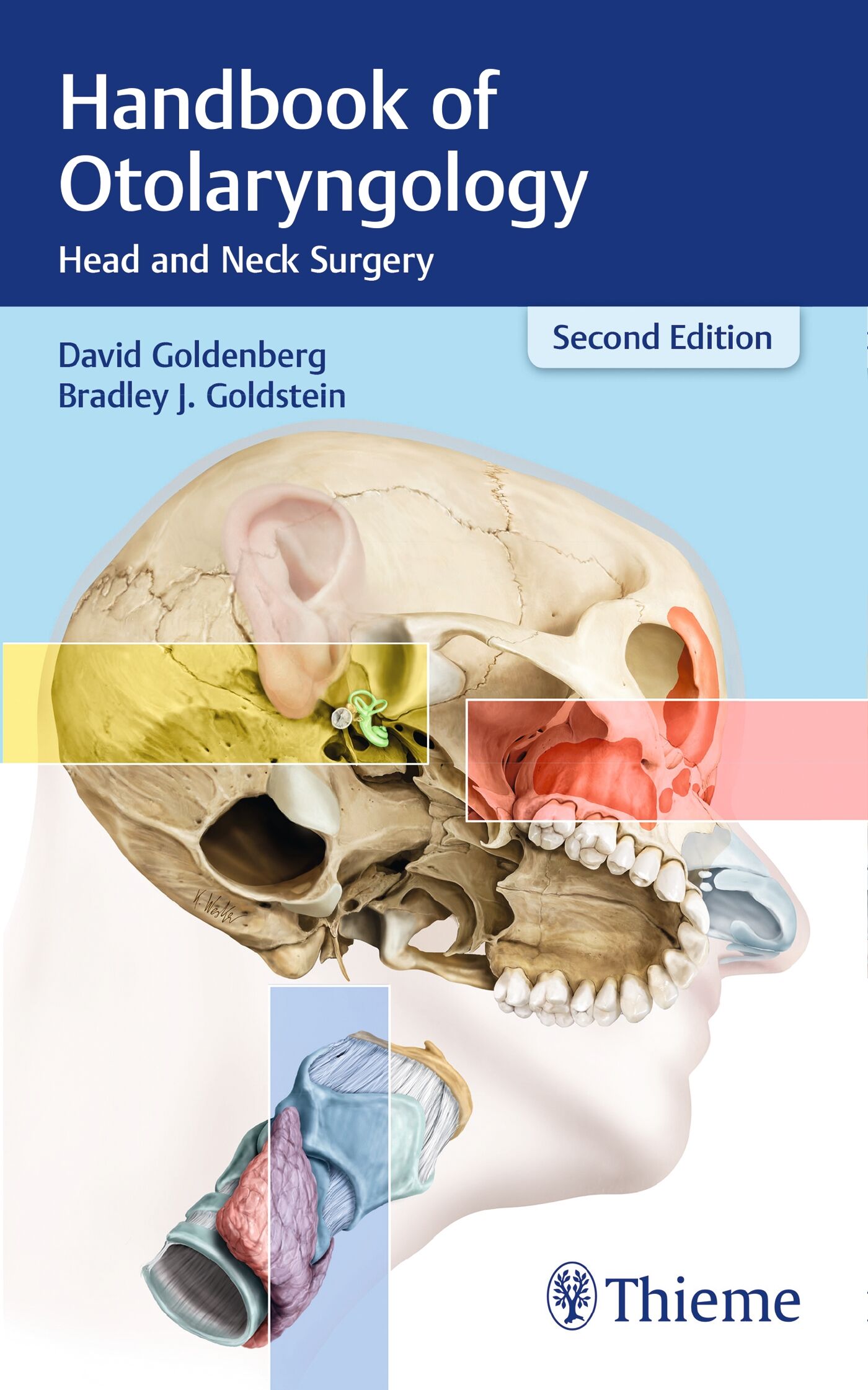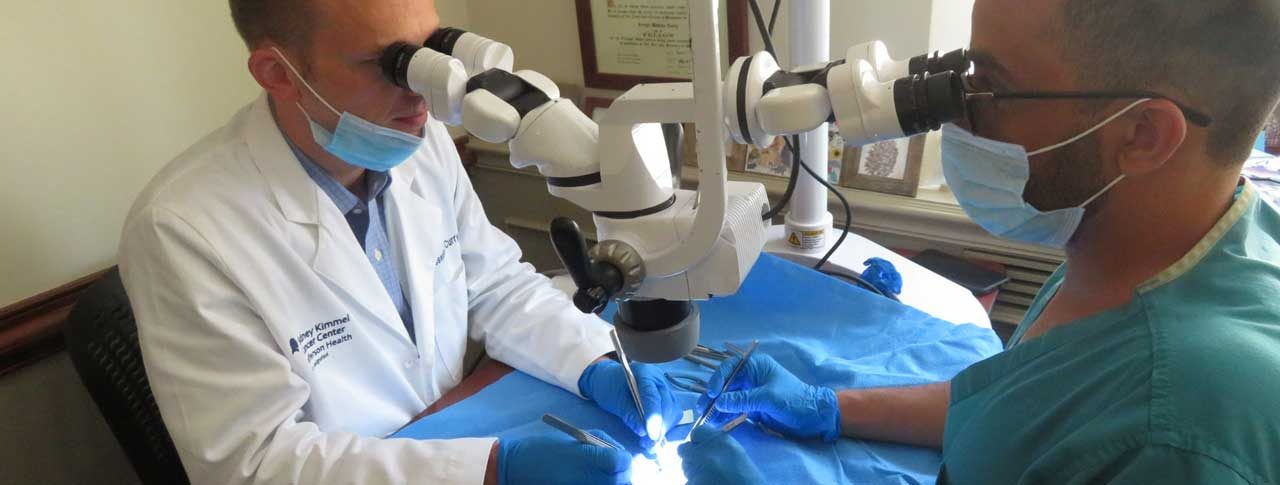Comprehensive Overview at Otolaryngology and Its Role in Treating Throat Disorders
Comprehensive Overview at Otolaryngology and Its Role in Treating Throat Disorders
Blog Article
Checking out the Area of Otolaryngology: What to Expect When You Get In Touch With an ENT
Otolaryngology, commonly referred to as ENT, encompasses the diagnosis and treatment of nose, ear, and throat disorders. For those experiencing related issues, speaking with an ENT specialist can give quality and relief. Understanding what to expect throughout such examinations is vital for effective interaction and care. This introduction will outline crucial aspects of the ENT experience, consisting of typical factors for brows through and the procedures included in diagnosis and treatment.

Comprehending Otolaryngology: An Overview
Otolaryngology, usually described as ENT (Throat, ear, and nose) medicine, is a specific branch of medication that focuses on the medical diagnosis and therapy of problems impacting these vital areas of the human body. This area includes a wide variety of conditions, including those pertaining to hearing, balance, respiratory system function, and speech. Otolaryngologists are educated to handle both clinical and surgical therapies, using innovative techniques and technologies. Their expertise extends beyond traditional ailments, addressing issues such as allergies, sinus infections, and hearing loss. Furthermore, they play an essential role in the monitoring of head and neck cancers cells, providing detailed treatment customized to individual person needs. In general, otolaryngology stays necessary for preserving health and lifestyle in damaged people.
Usual Reasons to See an ENT Expert
Numerous individuals seek the proficiency of an ENT professional for a selection of factors, mirroring the diverse nature of conditions that influence the throat, ear, and nose. Typical problems include chronic sinus problems, which frequently results in persistent nasal congestion and facial discomfort. Allergies and their connected symptoms, such as itching and sneezing, also trigger brows through to these specialists (Otolaryngologist). Hearing loss, whether abrupt or progressive, is one more significant reason for assessment. Furthermore, people might look for analysis for throat problems, including consistent hoarseness or swallowing problems. Rest apnea, defined by disturbed breathing during rest, is often addressed by ENT professionals too. Each of these conditions highlights the value of specialized treatment in handling complex ENT-related wellness problems
Planning for Your ENT Visit
When getting ready for an ENT appointment, it is vital to gather relevant details and think about any type of certain issues. Patients need to assemble a thorough case history, consisting of previous ear, nose, or throat concerns, surgical procedures, and current drugs. Documenting signs-- such as regularity, severity, and period-- can provide important understandings for the ENT expert. In addition, people ought to prepare a checklist of questions they want to ask, making certain that all worries are dealt with throughout the browse through. Bringing along any kind of appropriate clinical records or test results can better aid the ENT in understanding the patient's condition. Lastly, individuals need to verify their visit details, consisting of place, time, and date, to minimize any type of last-minute complication. Correct prep work can improve the efficiency of the consultation and lead to far better outcomes.
What to Anticipate Throughout the Assessment
As the appointment starts, the individual can anticipate to participate in a detailed conversation with the ENT expert concerning their symptoms and case history. The professional will inquire regarding the period, frequency, and extent of signs such as hearing loss, nasal blockage, or aching throat. Furthermore, the person's previous clinical problems, medicines, and any relevant household background will certainly be reviewed, assisting the expert in forming a total understanding of the person's wellness. The ENT might also inquire about way of living elements, such as direct exposure to irritants or toxic irritants. This open discussion develops a foundation for the assessment, making sure that the client's concerns are dealt with and setting the phase for any kind of required assessments or recommendations for therapy.
Diagnostic Examinations and Procedures in Otolaryngology
A variety of diagnostic examinations and procedures are important in otolaryngology to properly evaluate and diagnose problems impacting the throat, ear, and nose. Common tests consist of audiometry, which measures hearing function, and tympanometry, assessing center ear pressure. Nasal endoscopy permits visualization of the nasal passages and sinuses, while laryngoscopy checks out the throat and singing cables. Imaging strategies, such as CT scans and MRIs, give comprehensive views of head and neck structures. Allergy testing may additionally be carried out to identify triggers for sinus or breathing problems. These diagnostic devices make it possible for ENT professionals to establish an extensive understanding of people' problems, making sure tailored and effective monitoring strategies. Proper medical diagnosis is necessary for effective therapy results in otolaryngology.
Therapy Options Used by ENT Specialists
ENT experts use a variety of therapy alternatives customized to address certain conditions affecting the nose, throat, and ear. These treatments vary from traditional methods, such as medicine and way click of living alterations, to even more invasive procedures. Allergies may be handled with antihistamines or immunotherapy, while persistent sinus problems could need nasal corticosteroids or sinus surgery. For hearing loss, ENT experts frequently suggest listening devices or medical treatments like cochlear implants. In cases of throat disorders, alternatives can consist of speech therapy or surgical treatments to remove obstructions. Additionally, they might provide advice for taking care of sleep apnea, consisting of making use of CPAP gadgets or medical interventions. Generally, the goal is to improve clients' lifestyle with personalized care and efficient therapy approaches.
When to Look For Follow-Up Care With an ENT
When to seek follow-up treatment with an ENT expert is essential for managing continuous signs and Get More Information symptoms or difficulties related to throat, nose, and ear conditions, recognizing. Patients need to take into consideration arranging a follow-up visit if symptoms linger in spite of initial therapy, such as chronic ear pain, nasal congestion, or throat pain. Adjustments in hearing, balance problems, or uncommon nasal discharge might additionally necessitate more examination. Furthermore, if an individual experiences side impacts from recommended medicines or has actually gone through a medical procedure, follow-up care is vital to keep track of healing and address any type of worries. Timely assessments can assure efficient management of conditions, stop prospective difficulties, and give comfort concerning one's health and wellness. Looking for follow-up treatment promotes aggressive wellness administration in otolaryngology.
Regularly Asked Concerns

What Credentials Should I Look for in an ENT Specialist?
When looking for an ENT professional, one ought to try to find board accreditation, pertinent experience, and strong person evaluations. In addition, effective interaction abilities and a caring method can substantially improve the general therapy experience.
How Do I Select the Right ENT for My Requirements?
Selecting the right ENT expert involves reviewing their credentials, experience, and person reviews (ENT Clinic). It is important to consider their interaction design and approach to therapy, guaranteeing they line up with the person's details wellness demands and preferences
Exist Any Type Of Dangers Related To ENT Procedures?
The risks connected with ENT treatments may include infection, blood loss, anesthetic complications, and prospective damages to surrounding structures. Patients need to talk about these his response threats with their medical professional to understand specific problems and assurance notified decisions.
How Can I Take Care Of Anxiousness Before My ENT Visit?
To manage stress and anxiety prior to a consultation, people can exercise deep breathing workouts, imagine favorable end results, prepare questions beforehand, and look for support from pals or family, cultivating a sense of peace of mind and calmness.
What Should I Do if I Experience Negative Effects From Therapy?
The individual should promptly report them to their medical care service provider if side effects from treatment happen. Modifications to treatment or extra treatments might be needed to guarantee safety and effectiveness in handling their problem - ENT. As the examination begins, the person can anticipate to engage in a comprehensive discussion with the ENT specialist regarding their signs and symptoms and medical background. These analysis tools allow ENT specialists to create a complete understanding of patients' conditions, making certain tailored and reliable administration plans. ENT experts supply a range of treatment alternatives customized to address details conditions impacting the ear, throat, and nose. When seeking an ENT specialist, one must look for board accreditation, pertinent experience, and strong client testimonials. Selecting the ideal ENT specialist entails reviewing their certifications, experience, and client reviews
Report this page